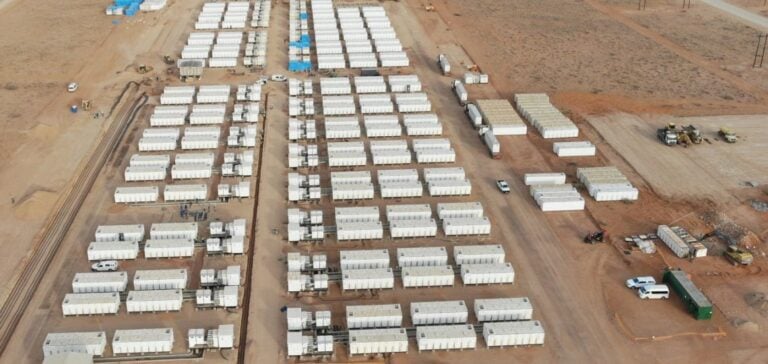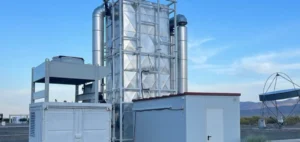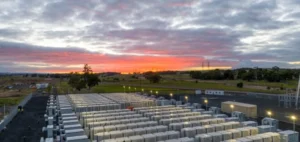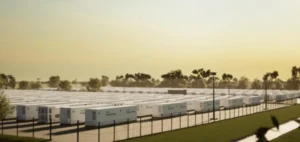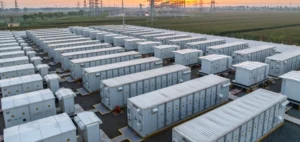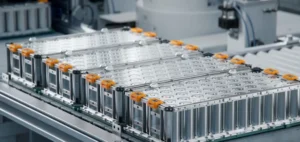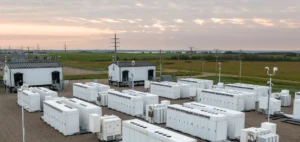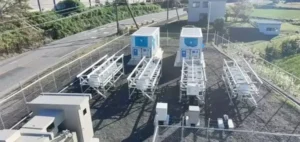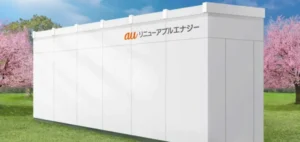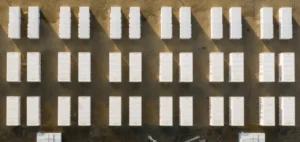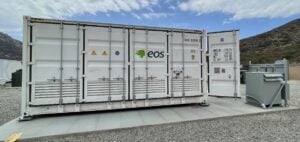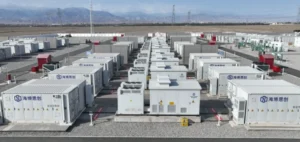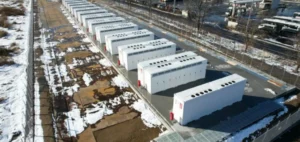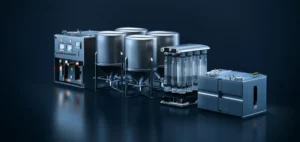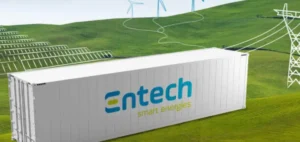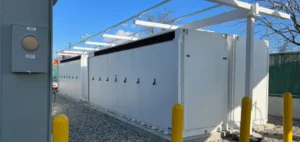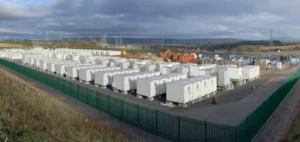Scatec ASA has been selected as the preferred bidder for the Haru BESS (Battery Energy Storage System) project, a 123-megawatt (MW), 492-megawatt-hour (MWh) energy storage facility located in South Africa. The announcement was made by the Department of Mineral Resources and Energy as part of the third phase of the Battery Energy Storage Independent Power Producer Procurement Programme (BESIPPPP).
The project will be located in the Free State Province and will enable the National Transmission Company of South Africa (NTCSA) to utilise the capacity to balance the national grid. Scatec will receive a 15-year contract to make the battery storage capacity available to the transmission operator.
A debt-heavy financing structure
The total investment is estimated at ZAR2.2bn ($120mn). Approximately 80% of this amount will be covered by engineering, procurement, and construction (EPC) contracts managed by Scatec. The project will be financed with 90% non-recourse debt, with the remaining equity provided by the shareholders.
Scatec will hold 50.01% equity in the project. Greenstreet and Redstreet funds, managed by Stanlib, will own 44.99%, while a local Community Trust will retain the remaining 5%. The Norwegian company will also deliver operations, maintenance, and asset management services for the facility.
A project building on hybrid system experience
The Haru BESS project continues Scatec’s involvement in South Africa, following its previous hybrid solar and battery initiatives in Kenhardt, as well as the ongoing construction of the Mogobe BESS project.
According to the Department of Mineral Resources and Energy, financial close is expected by the end of Q1 2026. The project is expected to support grid stability through dispatchable and flexible energy capacity.


